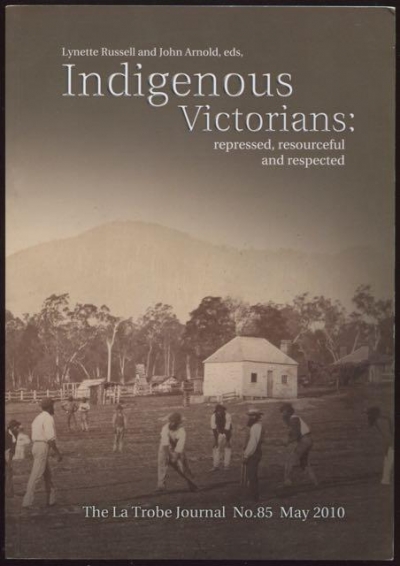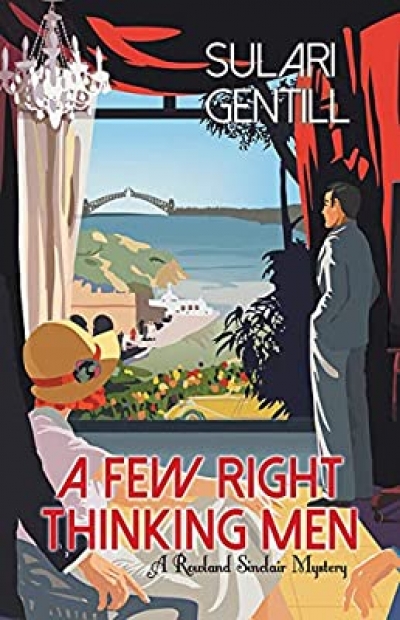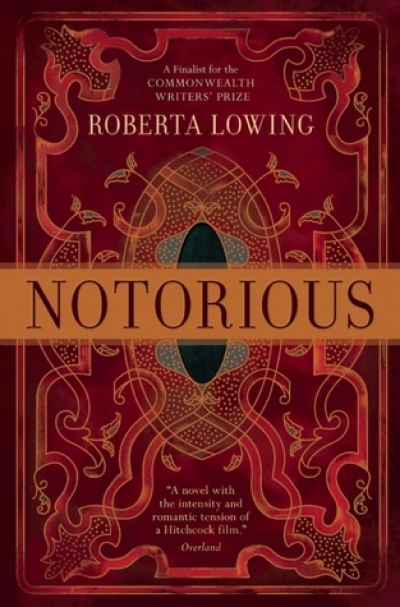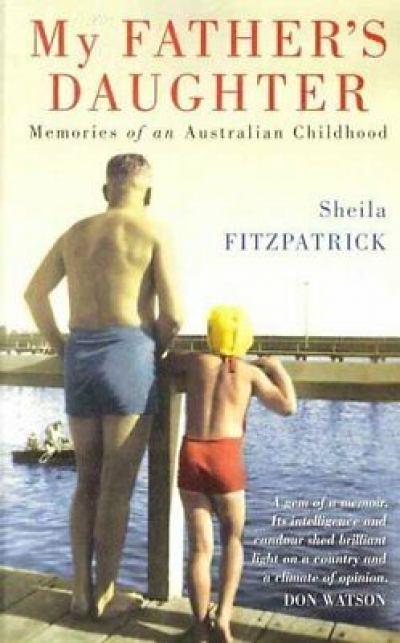Archive
Film | Theatre | Art | Opera | Music | Television | Festivals
Welcome to ABR Arts, home to some of Australia's best arts journalism. We review film, theatre, opera, music, television, art exhibitions – and more. To read ABR Arts articles in full, subscribe to ABR or take out an ABR Arts subscription. Both packages give full access to our arts reviews the moment they are published online and to our extensive arts archive.
Meanwhile, the ABR Arts e-newsletter, published every second Tuesday, will keep you up-to-date as to our recent arts reviews.
Recent reviews
Indigenous Victorians: The La Trobe Journal, no. 85 edited by Lynette Russell and John Arnold
by Maria Nugent •
The Bridge: The life and rise of Barack Obama by David Remnick
by Bruce Grant •
Many of my dreams have to do with the sea. Sometimes they concern Antarctica, an exciting prelude to going into the interior with other people.
... (read more)Australian Journal of French Studies, Vol. XLVII, NO. 2: Jacques Rivette by Brian Nelson
by Colin Nettelbeck •
Going Down Swinging, No.30 edited by Lisa Greenaway, Nathan Curnow, and Ella Holcombe
by James Langer •
My Father’s Daughter: Memories of an Australian childhood by Sheila Fitzpatrick
by Brenda Niall •
Power Shift: Australia’s Future between Washington and Beijing (Quarterly Essay 39) by Hugh White
by Alison Broinowski •










